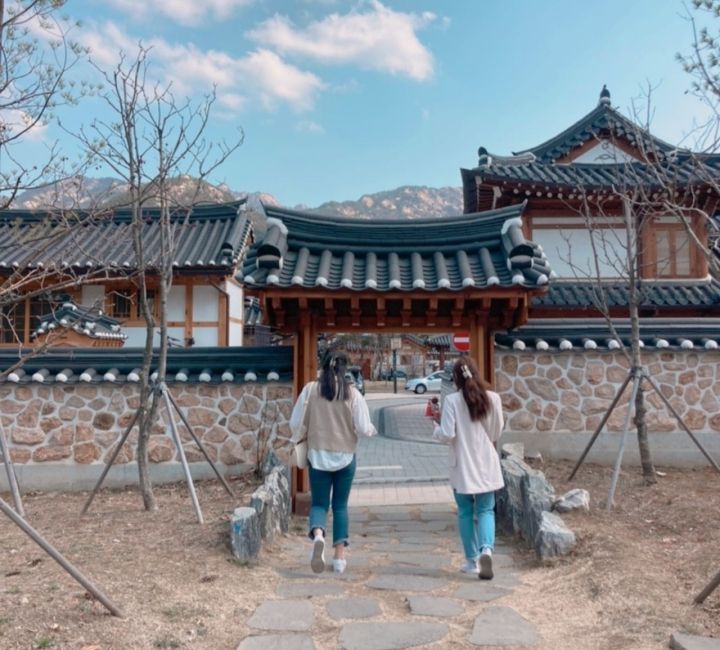So you want to learn and improve Korean? Here’s how.
One of the biggest questions people ask when preparing to study abroad in Korea is: how difficult will it be to get around without knowing any Korean? How much English is there? Not going to lie, it won’t be the easiest time if you don’t learn at least the basics before you arrive, like greetings, ordering food, numbers, the alphabet, and a few others. And these things will become much more comfortable quickly. But I hope none of us stop here - after all, what’s the point in taking part in the culture without the language? So for the many of us who wish to improve and learn Korean, here are some tips that worked for me!
Don’t rely on your Korean-speaking friends
- When you’re out for lunch, take turns ordering your meals and asking for things like water. Don’t shy away from phone calls or trips to the store.
Take the Korean Language Intensive Class (KLI) and do quick and daily review of vocab
- It’s incredible how much relevant vocabulary you’ll learn in your classes, and how often you’ll see them on signs and in conversations. With just five to ten minutes a day of looking at the vocab you learned, your understanding of Korean conversations will dramatically increase. But only if you try
Language exchange - Yonsei’s program and HelloTalk
- There are a ton of people who are eager to learn English and have language exchanges
Text often
- Everyday texting and speaking are quite different, as it is in English as well. Whether it is with friends or language exchange partners, make the effort to familiarize yourself with the Korean keyboard and spelling, and pick up some slang along the way!
Sing songs
- Many people know and anticipate the fun karaoke rooms (aka 노래방), and while they offer a huge selection of English songs, why not give a few Korean songs a try? It tests and makes you practice your reading in the most fun way possible, and you can bond with others while you’re at it
Become fluent in “Konglish”
- Just a semester is most likely not enough to completely transform your Korean skills to go from a level 1 to a level 5, but being able to incorporate more and more Korean vocabulary into daily conversations enables you to speak more naturally and helps you to become comfortable with using an unfamiliar language! It doesn’t have to be perfect. Plus even local Koreans use a fair amount of Konglish in their conversations, so you might fit right in!
Related Posts

Soul Searching in Seoul: Everything I Learned and What I Wish I Knew
Before I start crafting my “study abroad changed me” answers for friends and family, here are the practical things I wish I’d known. The things that would’ve saved me time... keep reading

A Seoul Escape to Bukhansan
Get out of the hustle and bustle of Seoul and head to the peak of Bukhansan!

My Time in South Korea Attending Yonsei University: A Life-Changing Chapter
By: Zahrraa Al-Salman Studying abroad had always been a dream of mine—an opportunity to step outside of my comfort zone, immerse myself in a new culture, and deepen my understanding... keep reading

